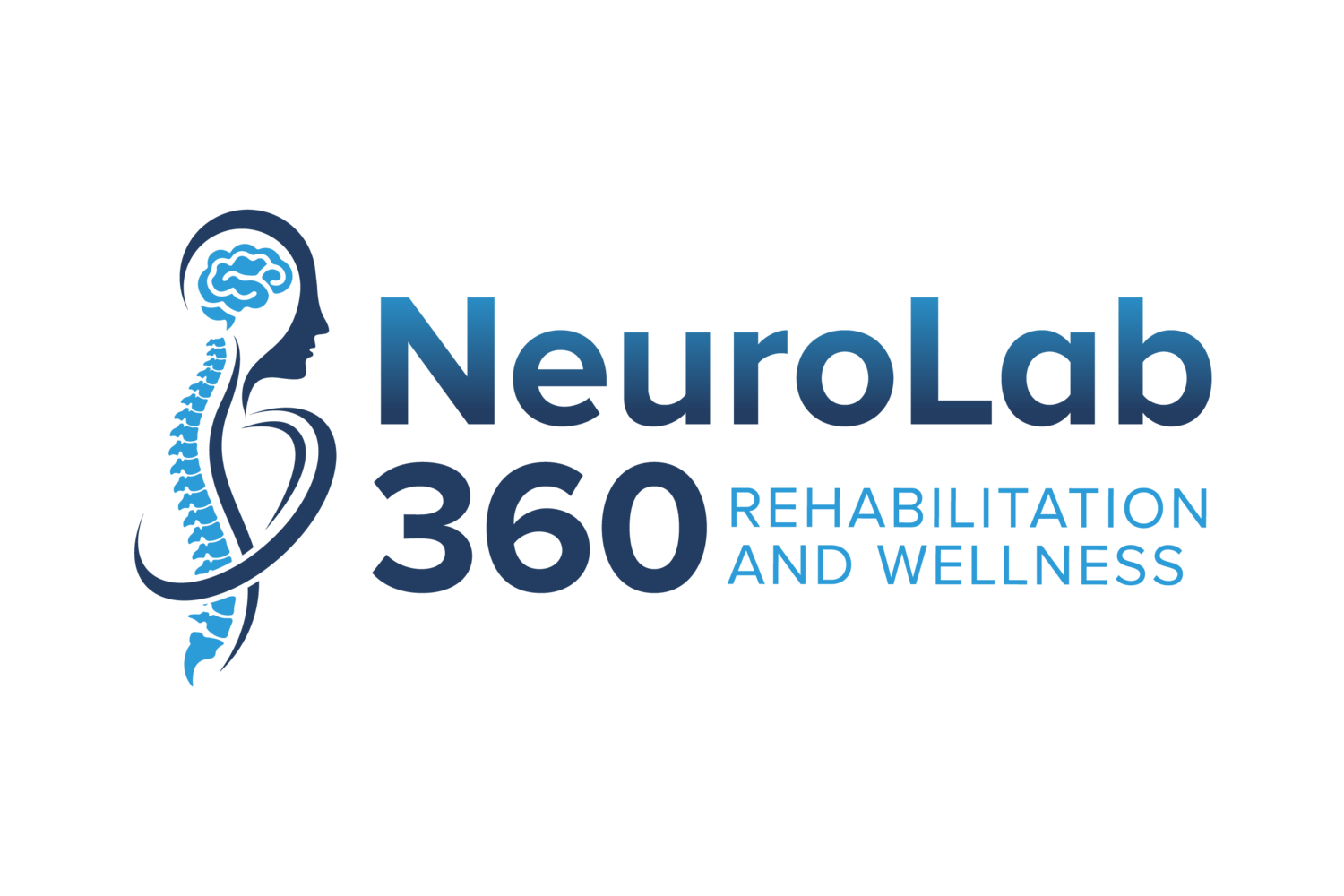Aphasia
Language is the essence of human communication, a tool that bridges thoughts, emotions, and ideas between individuals. However after a brain injury some individuals can be left with communication deficits or aphasia.
What is Aphasia?
Aphasia is a neurological condition that affects language comprehension and expression. It typically occurs after damage to the language centers of the brain, often due to stroke, traumatic brain injury, or neurological diseases such as Alzheimer's. Individuals with aphasia may struggle with speaking, understanding, reading, and writing, depending on the severity and location of the brain injury.
Types of Aphasia: Aphasia manifests in various forms, each with its unique characteristics:
1. Expressive Aphasia (Broca's Aphasia): Individuals with expressive aphasia have difficulty forming sentences and expressing their thoughts verbally. They may speak in short, fragmented phrases and struggle to find the right words.
2. Receptive Aphasia (Wernicke's Aphasia): Receptive aphasia affects the comprehension of language. While individuals can produce speech fluently, their sentences may lack meaning or coherence. They often have difficulty understanding spoken or written language.
3. Global Aphasia: Global aphasia is the most severe form, impacting both expressive and receptive language skills. Individuals with global aphasia may have limited speech production and comprehension, often relying on nonverbal communication to convey their needs.
Impact on Daily Life: Living with aphasia can significantly impact various aspects of daily life. Simple tasks such as ordering food at a restaurant, following instructions, or engaging in conversations with loved ones may become daunting challenges.
Treatment and Management: While there is no cure for aphasia, rehabilitation strategies can help individuals regain and improve their language skills. Speech-language therapy, cognitive-linguistic therapy, and communication strategies are vital components of aphasia rehabilitation programs. Augmentative and alternative communication (AAC) devices, such as speech-generating devices or picture boards, can also assist individuals in communicating their needs and desires.
If you or anyone is experiencing communication deficits. Join our free Aphasia Group! This class is led by a licensed Speech Language Pathologist. Join this group to connect and communicate with individuals with aphasia, and rejoin life's conversations in a fun and supportive way!

